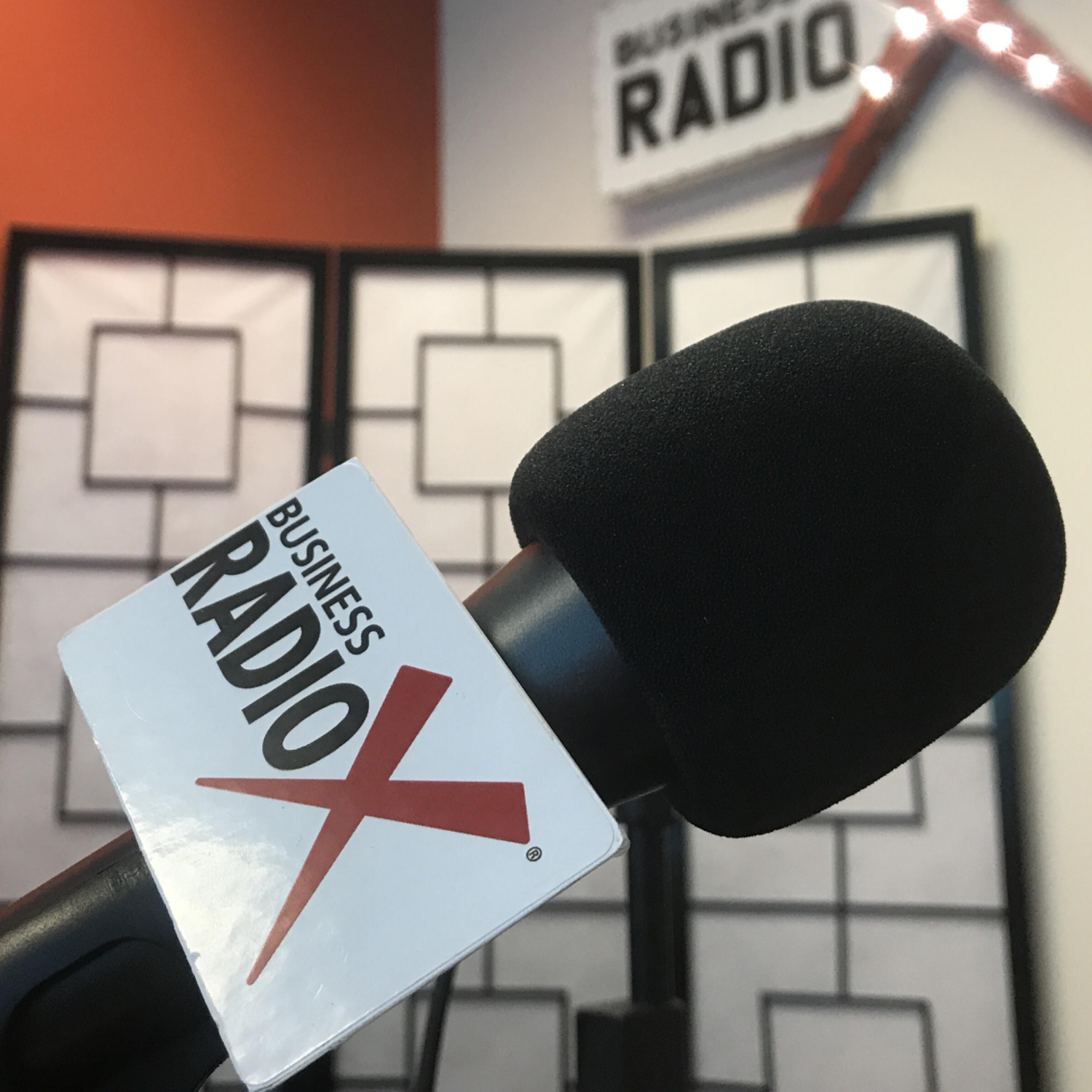
BRX Pro Tip: The Right Guests Turn Into the Right Clients
Stone Payton: And we are back with Business RadioX Pro Tips. Stone Payton and Lee Kantor here with you. Today’s tip, Lee, very specific to our business, the mechanics of running an effective, productive, profitable studio. But the bottom line is that, the right guests turn into the right clients.
Lee Kantor: Right. I mean, this has been proven time and time again. If you invite the right guests, they’re going to turn into right clients. Just rinse and repeat, and do this relentlessly over time, and then you’re going to have a successful studio. If you’re not getting the result that you want out of your studio, it’s the guests. Invite different guests. Try inviting guests from different niches. Niches that have proven themselves to be good clients in our system have been professional service providers like consultants, business coaches, commercial real estate brokers, commercial bankers, wealth managers, I.T. providers, business to business sales people that have a local client base, payroll providers, CPAs, printers, business association. Those are all places to look.
Lee Kantor: But if you’re not getting the result, really analyze your guest flow. If your guests aren’t people that can afford you, that can’t benefit from your service, then try inviting less of them. I’m not saying to invite none of them. Just invite less of them. And focus, you know, the 80/20 rule, 80 percent of your guests should be guests that are prospective clients of yours and 20 percent can be everybody else. But if 80 percent of your guests are people that aren’t going to end up writing you a check, then that could explain why you’re struggling.

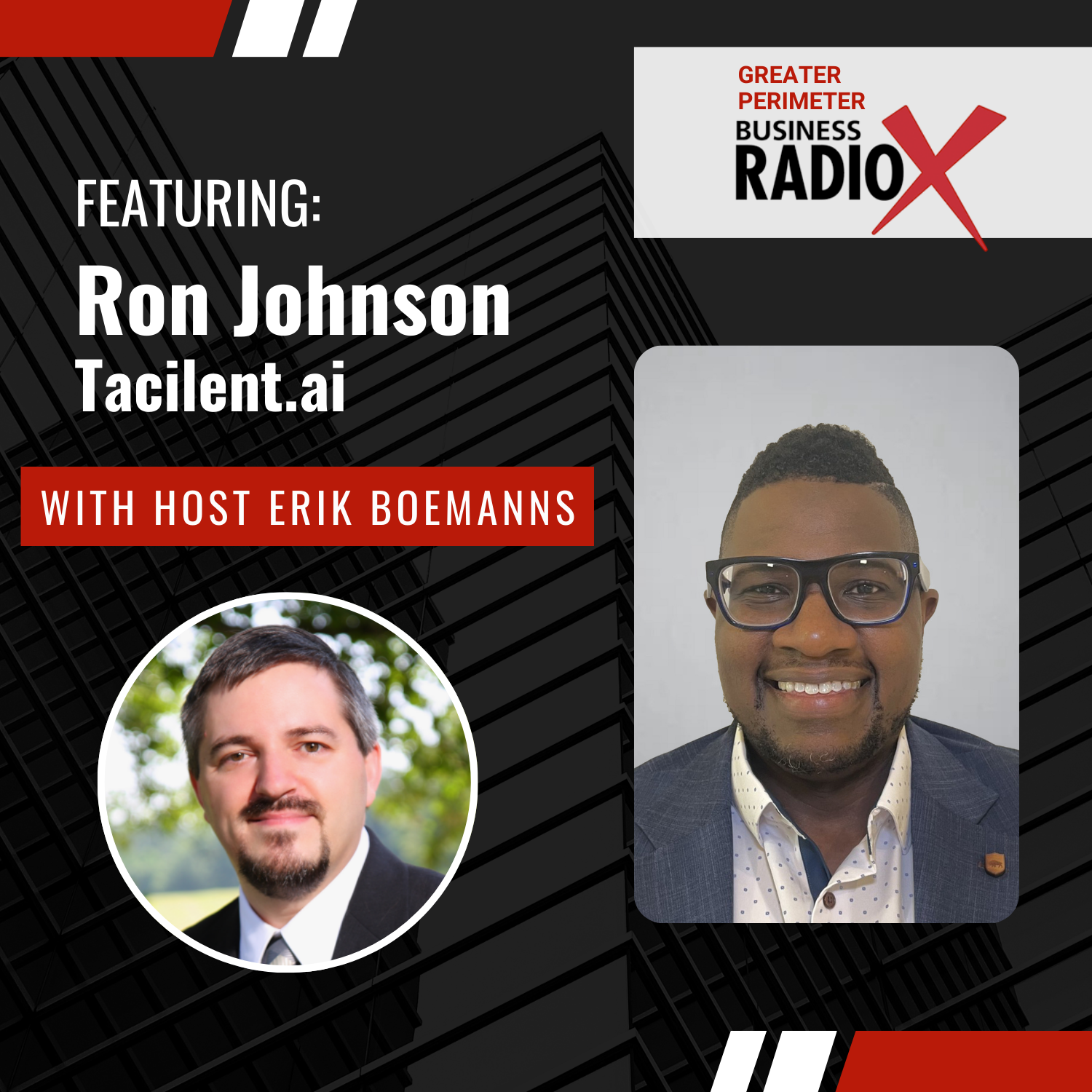
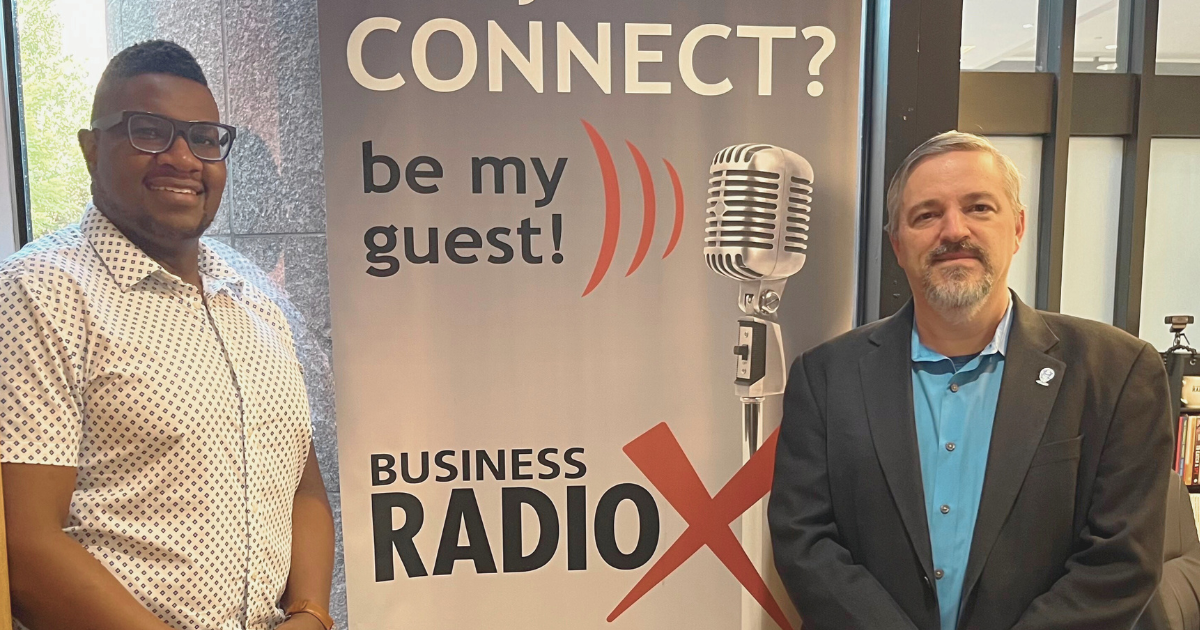
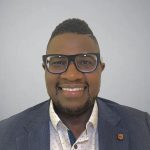 Ron Johnson is the CEO/Founder of
Ron Johnson is the CEO/Founder of 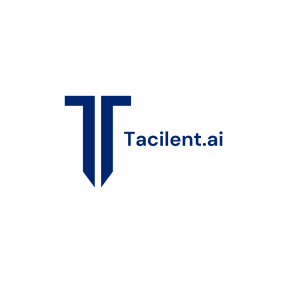
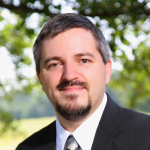 Erik Boemanns is a technology executive and lawyer. His background covers many aspects of technology, from infrastructure to software development.
Erik Boemanns is a technology executive and lawyer. His background covers many aspects of technology, from infrastructure to software development.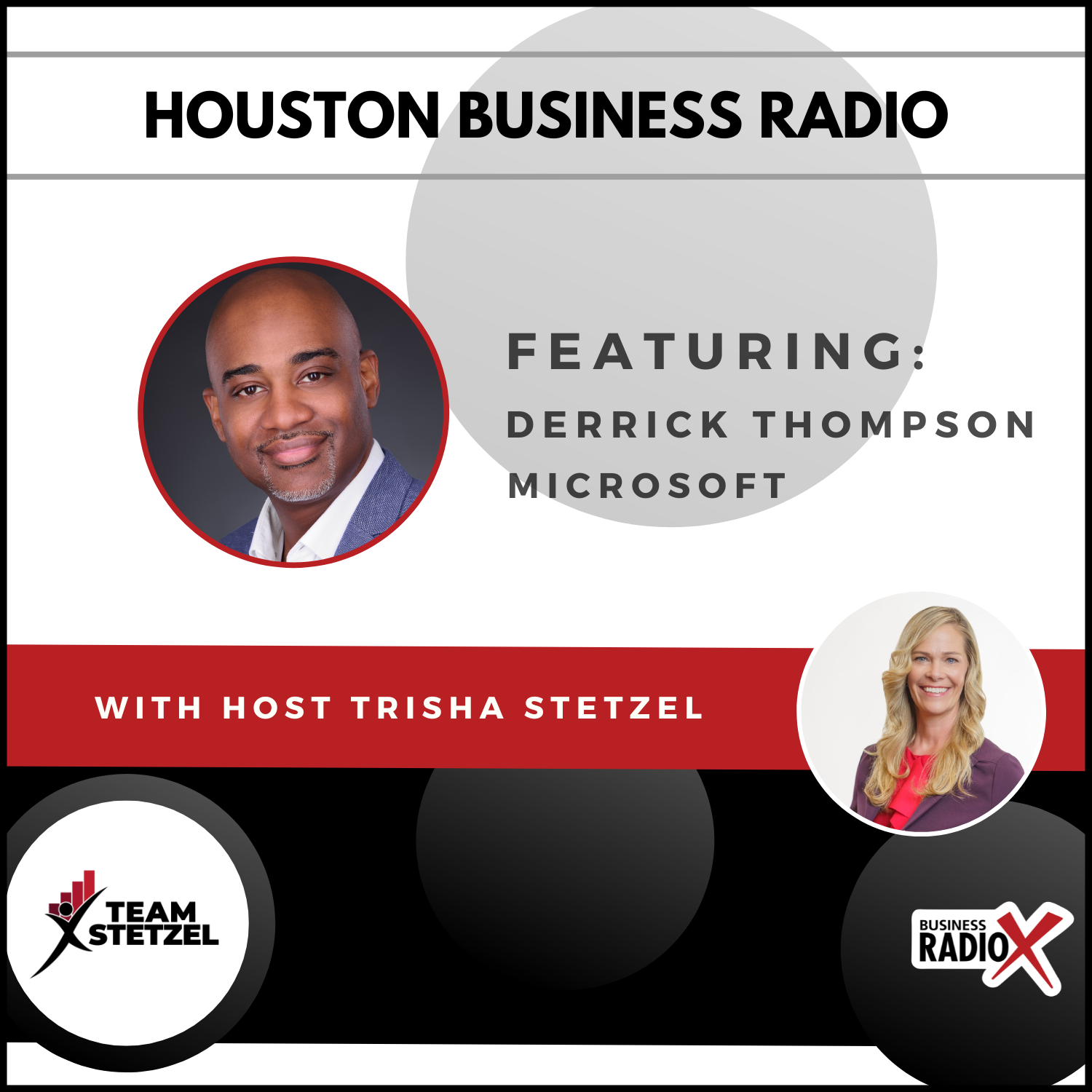
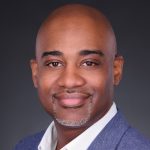 Derrick Thompson is a seasoned technology leader with nearly 20 years of experience driving innovation and growth in the IT and cloud industries.
Derrick Thompson is a seasoned technology leader with nearly 20 years of experience driving innovation and growth in the IT and cloud industries.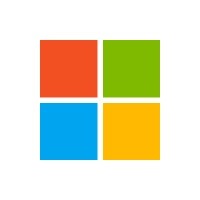
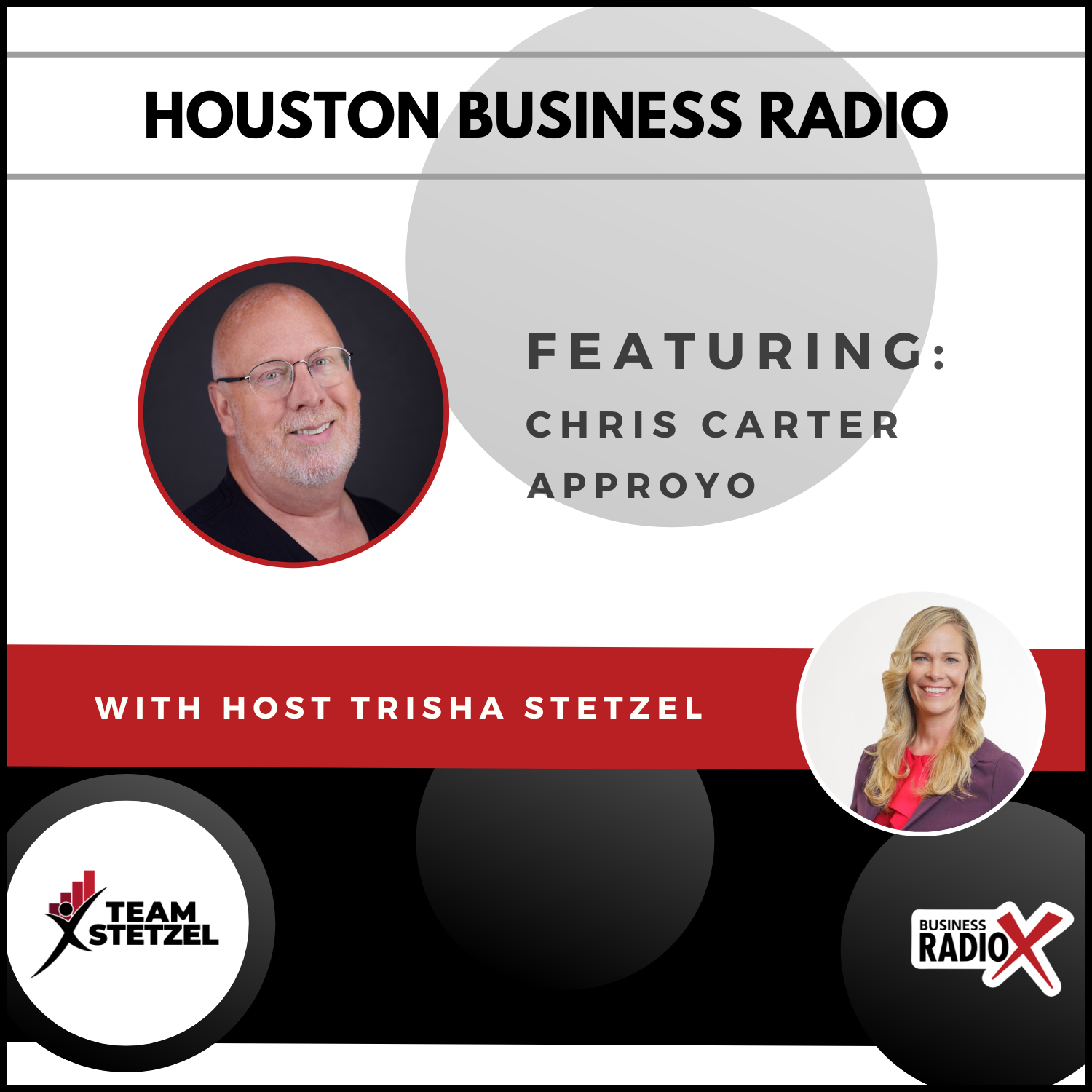
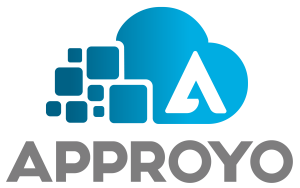
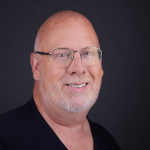 Chris Carter is a dynamic entrepreneur, four-time best-selling author, and global thought leader in SAP and artificial intelligence. As the founder of multiple companies—Approyo, MugatuAI, and Charging Bunny—Chris is known for helping businesses leverage cutting-edge technology to operate faster, smarter, and more efficiently. His companies specialize in SAP migrations, S/4HANA upgrades, AI implementation, and sustainable EV infrastructure, delivering transformative solutions to companies worldwide.
Chris Carter is a dynamic entrepreneur, four-time best-selling author, and global thought leader in SAP and artificial intelligence. As the founder of multiple companies—Approyo, MugatuAI, and Charging Bunny—Chris is known for helping businesses leverage cutting-edge technology to operate faster, smarter, and more efficiently. His companies specialize in SAP migrations, S/4HANA upgrades, AI implementation, and sustainable EV infrastructure, delivering transformative solutions to companies worldwide.













